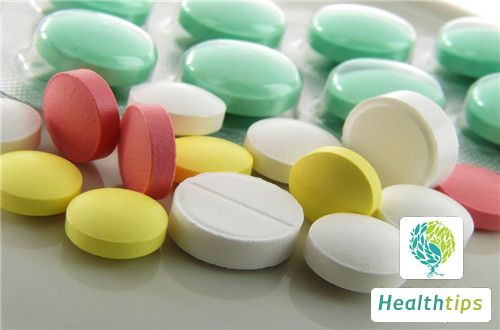Metoprolol tartrate has the effect of lowering blood pressure, so it has a very good effect on the treatment of coronary heart disease and hypertension. At the same time, this drug can inhibit the activation of the sympathetic nervous system, which has a good improvement effect on patients with chronic heart failure, greatly reducing the mortality rate of this disease. Its clinical application is also very extensive.

1. Metoprolol tartrate tablets are a type of β-blocker with weak membrane stability and no endogenous sympathomimetic activity. In the myocardium, β-receptors have stronger selectivity. At high doses, it also affects vascular β2 receptors and bronchial smooth muscle. It can slow down atrioventricular conduction, slow down sinus heart rate, reduce heart rate, and decrease cardiac output and systolic blood pressure. It has clinical efficacy in diseases such as arrhythmia, angina pectoris, hypertension, myocardial infarction, hyperthyroidism, and pheochromocytoma.
2. The dosage of metoprolol tablets is relatively large. First, intravenous injection of metoprolol 2.5~5mg/d can be given, three times every five minutes, with each injection of 10~15mg. Fifteen minutes after surgery, 25~50mg should be taken orally every 6~12 hours. Within 24~48 hours, 50~100mg should be taken orally twice a day. By measuring the concentration of metoprolol tartrate tablets and the prototype drug of the test preparation, the bioequivalence and bioavailability of the two can be compared, and it is concluded that metoprolol tartrate tablets have better efficacy.
3. Metoprolol tartrate tablets are not suitable for everyone. People with hypotension, significant bradycardia (heart rate <




















